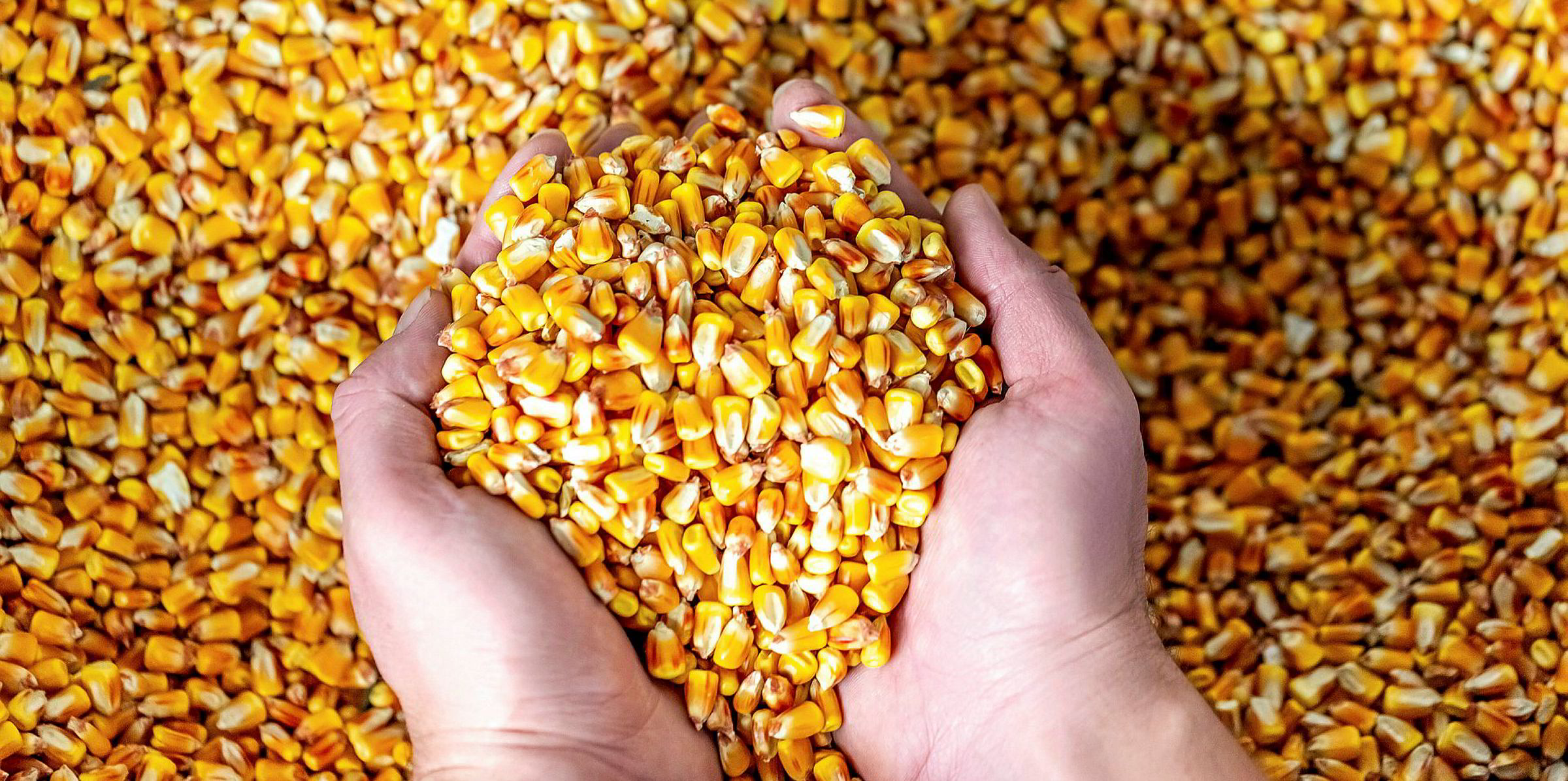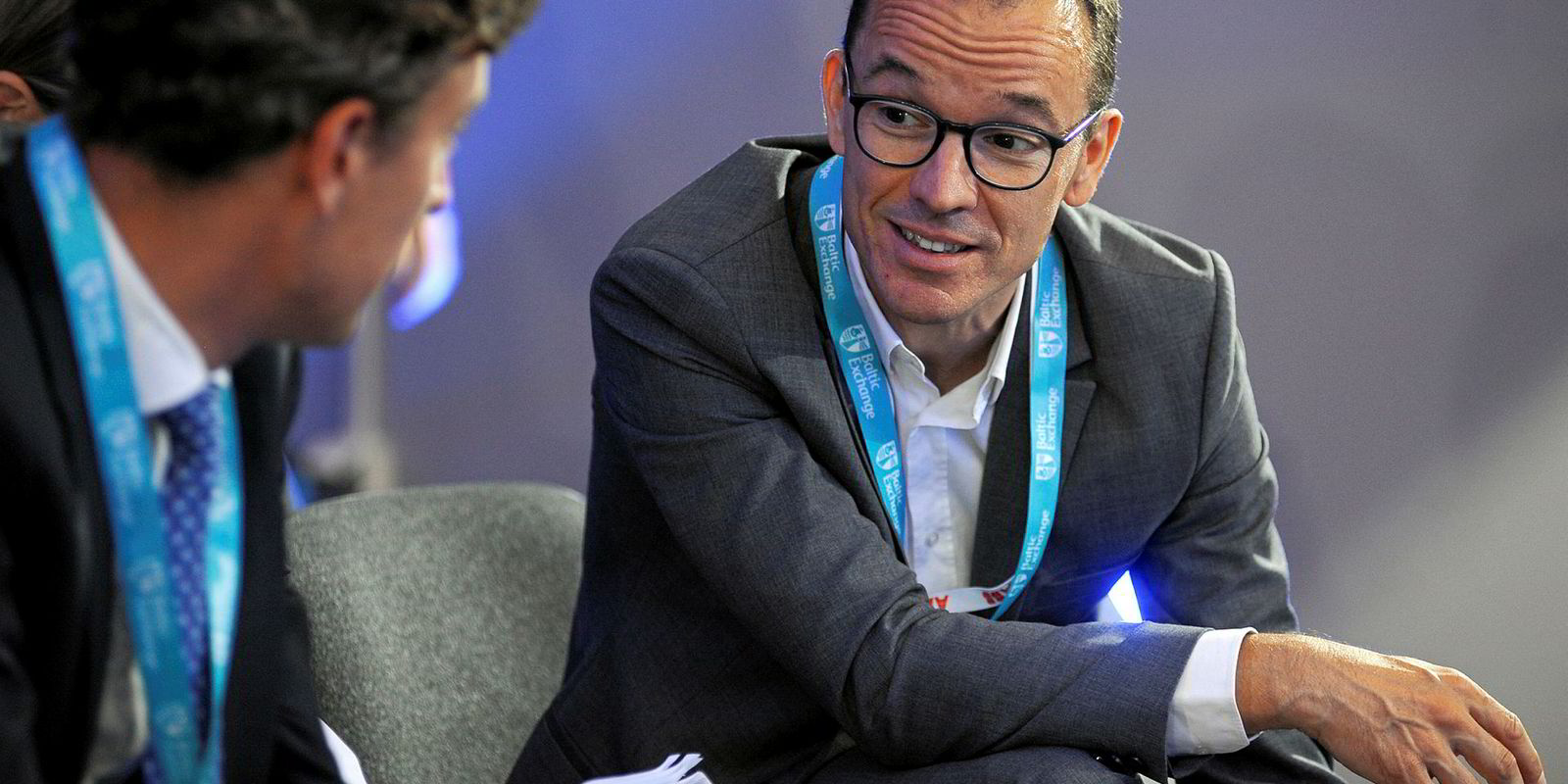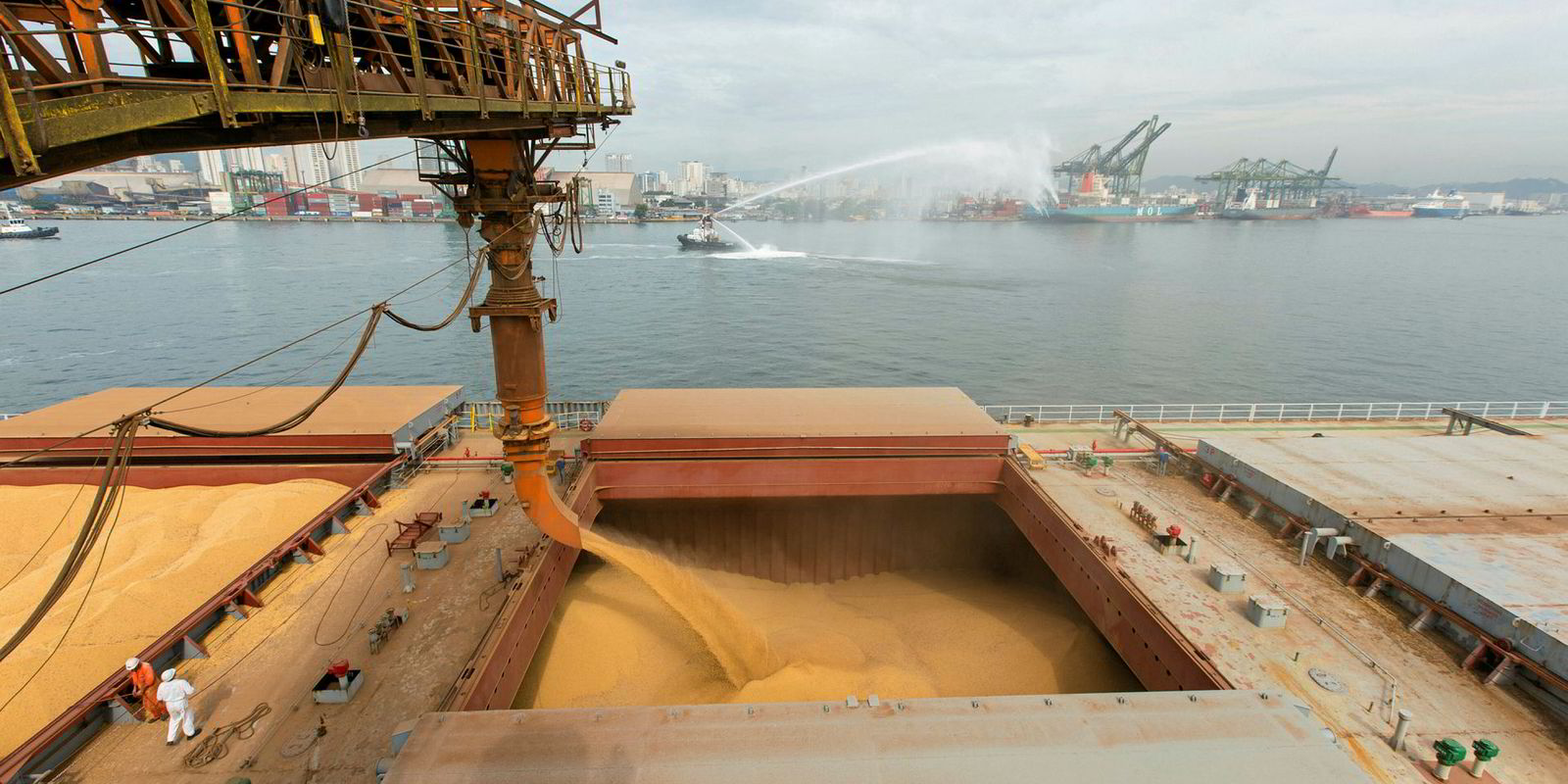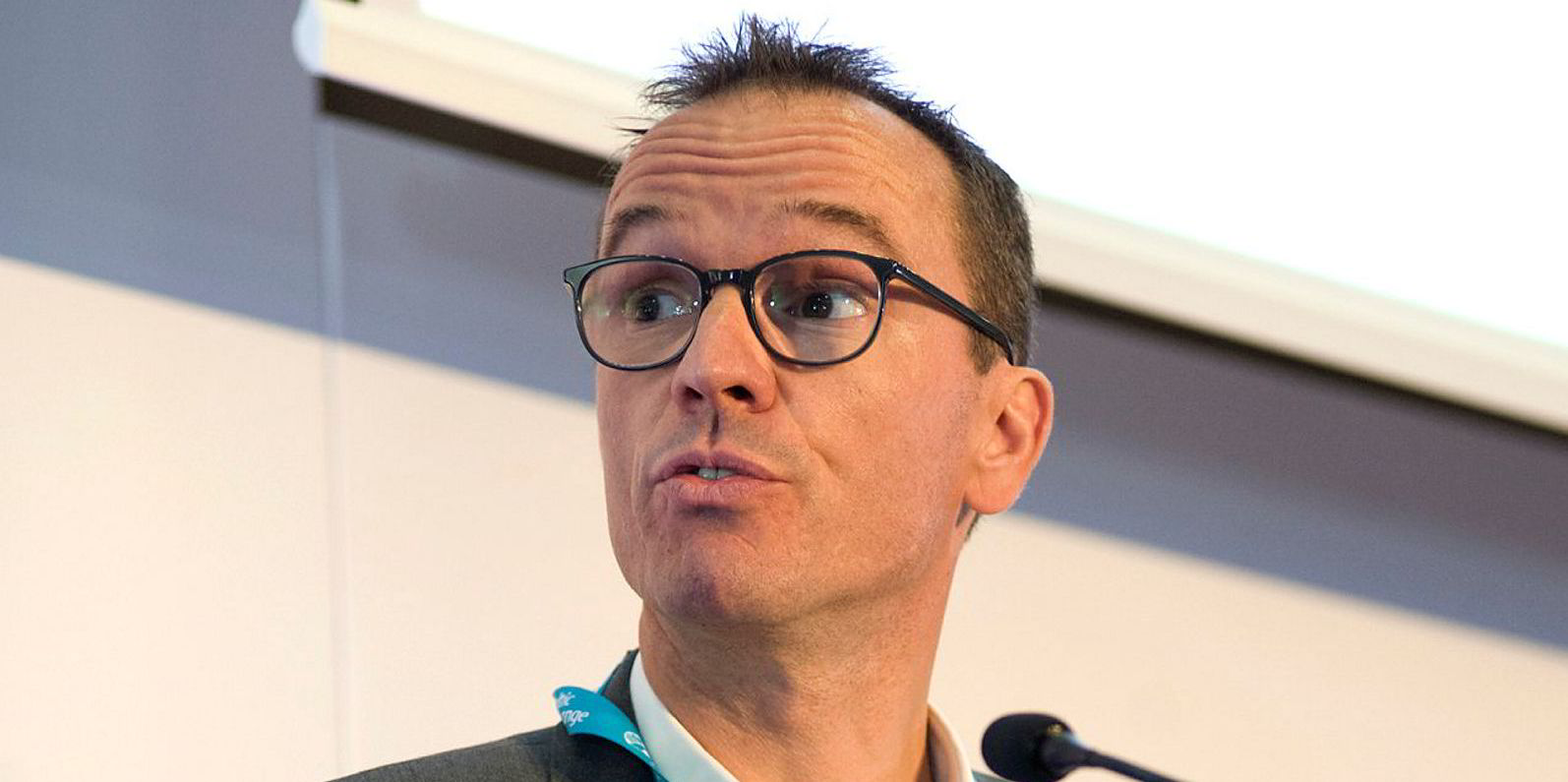Cargill Ocean Transportation has a clear vision of what it wants from an online chartering platform to help it drive digital efficiencies.
Eric Aboussouan, head of market research and strategy, says he envisages a comprehensive transaction system that is backed by key players and integrated "pretty much from end to end”.
To maximise potential efficiencies, he adds, it must be capable of covering commodities transactions and executing pre and post-trade processes.
“If you only target one part of the process, [such as] fixing a ship, for a platform…certainly there is going to be some value to it, but the real value is going to come from something which is fully integrated,” says Aboussouan, who oversees Cargill’s shipping digitalisation.
Ultimately, he says, a platform may not succeed without supplementing the trading of commodities onboard vessels.
Fully digitalised
While there will still be conversations between charterers, owners and brokers, all contracts should be fully digitalised, according to Aboussouan.
“That’s going to [lead to] a lot of more efficient ways of doing business in shipping,” Aboussouan says.
Many of the recently launched freight systems have been initiated by start-ups. However, major players such as BHP and Clarksons are also testing the waters.
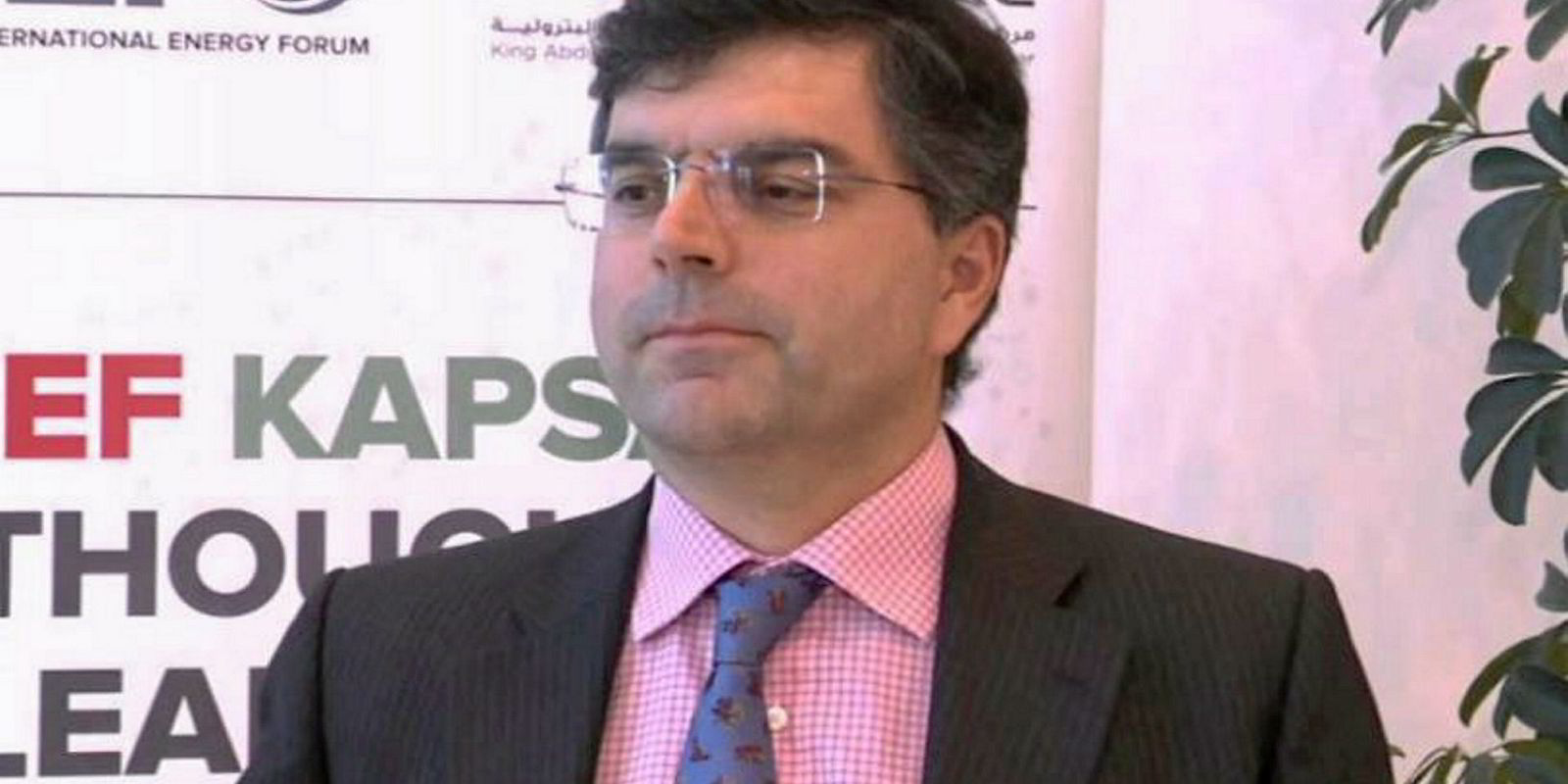
For any platform to succeed, Aboussouan says it must offer an industry-wide solution.
“Up until now, there have been quite a lot of solutions, but the market has been reluctant to adopt any of them,” he says.
“They perceive those just came from ... one segment of one party, either representing just one group or a small group of players.
“The key to be successful for any platform is ... the backing of a lot of main players in the dry bulk space.
"It carries this element of being independent and at the same time has the support of the key players.”
Late last year, Archer Daniels Midland, Bunge, Cargill and Louis Dreyfus Co and Cofco International — the world’s five largest grain traders — unveiled a joint project to standardise data and digitise global agricultural shipping transactions.
While refraining from commenting on the project directly, Aboussouan says: “The dry bulk space is quite fragmented.
The key market players are going to have to get around the table and come up with an industry solution
Eric Aboussouan
"At the same time, I think people [recognise] if we are really going to make a difference going into the future ... the key market players are going to have to get around the table and come up with an industry solution.”
All-inclusive system
Would such an all-inclusive transactional system demand lots of resources to develop?
Aboussouan concedes it would take both effort and commitment from industry players, but urges them to focus on the potential benefits.
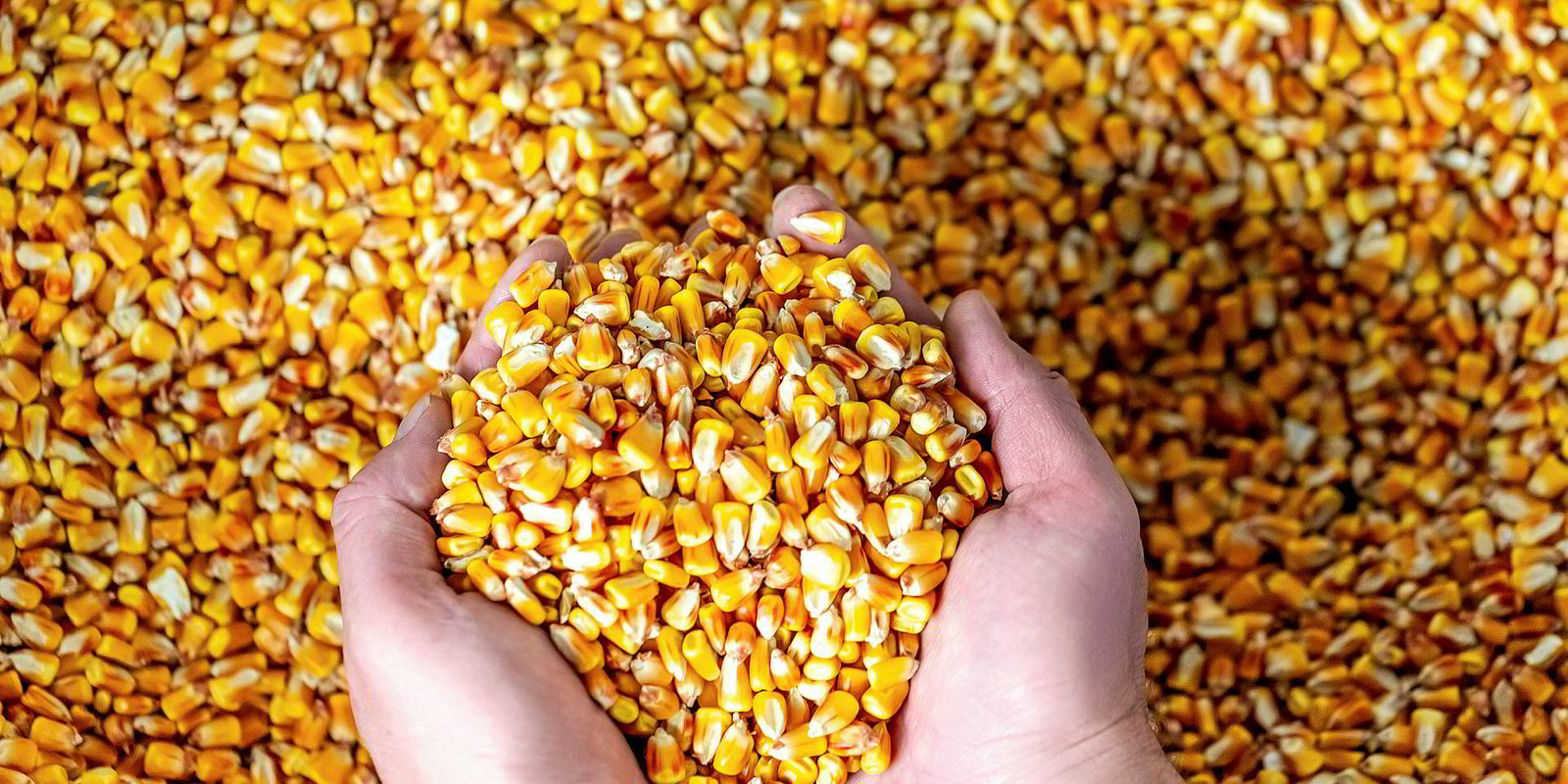
If there are different systems for ship chartering and pre and post-trade processes, there may be significant costs in integrating them.
“This is not where you are going to get the most efficiency,” Aboussouan says.
“We want to see one platform because today there are too many duplications of systems ... internally or externally. And a lot of money can be saved for the industry by operating fewer and better systems.”
As to the technology on which a successful platform should be based on, Aboussouan says Cargill has long backed blockchain—but shipping would have to go paperless before adopting such technology.
The power of operating in Cargill is we are all connected to each other. There is learning, leveraging when we come up with different [digital] solutions
Eric Aboussouan
“The first step is to move away from so many paper documents in shipping ... the minute you start to digitalise all the documents, that opens [up] plenty of opportunities. Then blockchain will come.”
Digital initiatives
Cargill’s holistic view of digitalisation could be linked to its scale. With revenue of $115bn in 2018, the company has businesses across food and bio-industrial ingredients, animal nutrition, protein and salt, agricultural supply chain, as well as metal and shipping.
“The power of operating in Cargill is we are all connected to each other,” Aboussouan says. “There is learning, leveraging when we come up with different [digital] solutions.
“We discuss openly about the projects we have, so a lot of those projects are jointly [developed] between different [businesses].”
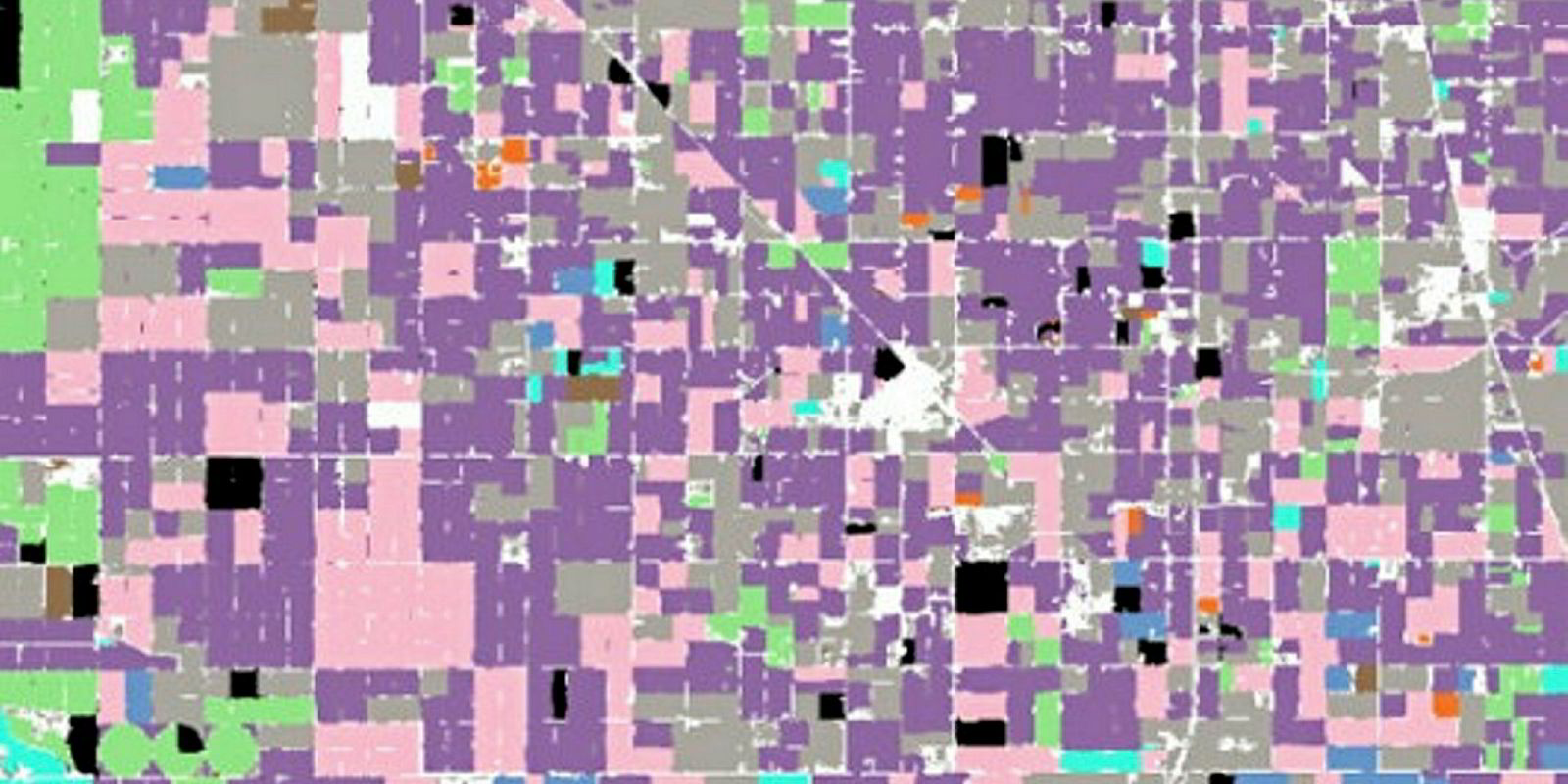
The drive towards more digitalisation comes as commodities trading houses face shrinking margins amid fierce competition.
Consultancy Oliver Wyman estimated traders made about $35bn in gross margin in 2018, down from $44bn in 2015. The margin is expected to fall to less than $30bn by 2025.
To remain competitive, Cargill has been establishing external partnerships to develop digital projects to optimise supply chains, improve trading results, and help its customers and suppliers make better business decisions, according to Aboussouan.
“We put our hands on tangible projects, on how we create an edge versus our competitors. There is a race to become the most sophisticated player [in terms of] new technology,” he says.
In the partnerships, Cargill would hope to bring its capabilities in trading, risk management and analytics to the table. Aboussouan says it has even invested in start-ups to acquire the unique abilities they have.
External partners
“[We want] to find the right external partners to bring a set of capabilities we do not have ... the forms of the partnerships can very [much] depend on [where] the strategy fits,” he says.
An example is Cargill’s participation in Descartes Labs’ $30m Serial B round of funding in 2017.
The satellite imagery firm is adept at using data to predict future crop production — a type of market intelligence Cargill wants.
“Satellite data can bring a lot of development, not only for shipping but also for commodities trading,” Aboussouan says. “That’s where we want to push really hard. We have a partner who is really ahead of the game.
“We, over time, will have more partners ... building partnership is a very efficient way to up our capability and knowledge.”



